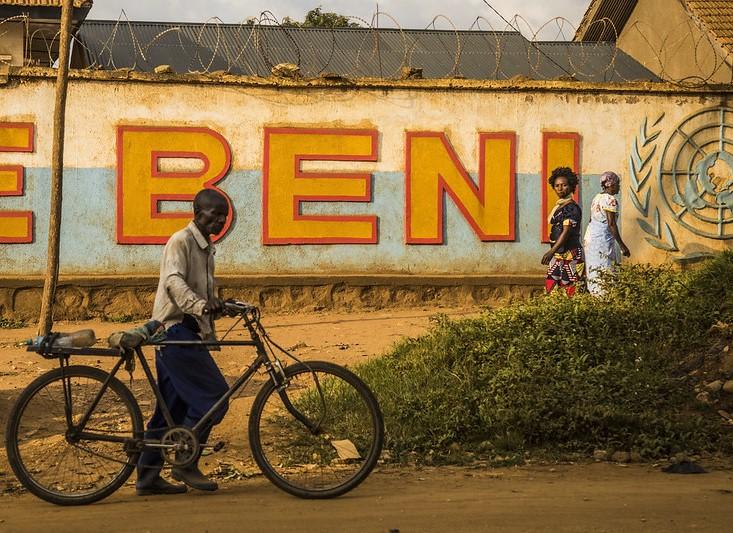The Democratic Republic of the Congo (DRC) over the weekend reported a lab-confirmed Ebola case and three suspected infections, all fatal, in an area in North Kivu province that was one of the main epicenters in earlier outbreaks.
The new case marks the country's first Ebola infection in 5 months and its 13th Ebola outbreak. It's not yet clear if the flare-up is linked to an earlier outbreak in the same area that was declared over in early May after 11 confirmed cases, 6 of them fatal, were reported.
Three neighbors died after similar symptoms
The World Health Organization (WHO) said yesterday in a statement, based on information from the DRC's health ministry, that the confirmed case involves a 3-year-old boy from the Butsili health area of Beni Health Zone. His symptoms began in early October and included weakness, appetite loss, dark stools, and bloody vomit. He died on Oct 6.
Samples were tested at a lab in Beni the next day, then sent to the National Institute of Biomedical Research lab in Goma on Oct 8, where tests confirmed Ebola virus.
The boy's illness was preceded by the deaths of three of the boy's neighbors, a father and two of his children. The three people died in the last half of September after having symptoms consistent with Ebola, but none were tested.
One of the children in the family cluster tested positive for malaria at a health facility. She was treated for severe malaria, but died on Sep 29.
Investigators from the local health department and the WHO investigated the deaths and conducted contact tracing, collecting two samples for COVID-19, but not Ebola. The people weren't buried safely, and the list of potential causes of their illnesses included severe malaria, Ebola, measles, and meningitis. The DRC is experiencing a meningitis outbreak, but it is centered in the northeastern part of the country, about 430 miles west of Beni.
The outbreak response team as of Oct 9 has identified and is following 148 contacts.
Links to earlier outbreaks?
Beni was one of the main hot spots in a large Ebola outbreak that took place between 2018 and 2020, the DRC's 10th and biggest. The WHO said 763 probable and confirmed cases were reported from Beni during that outbreak, which resulted in 3,470 cases, including 2,287 deaths.
The location of the new outbreak is also near Butembo in North Kivu province, where the outbreak occurred earlier this year. The two locations are roughly 30 miles apart, and the flare-up earlier this year resulted in 11 confirmed and 1 probable case, along with 6 deaths.
Genetic sequencing suggested that the outbreak was linked to the 2018-2020 event, but the source of the infection wasn't found. The virus can persist in immune protected parts of the body, such as the eyes and testes, and sexual contact involving a survivor is one of the suspected transmission routes.
Earlier this year, an investigation into the source of a case in Guinea pointed to a human link to West Africa's massive 2014-2016 outbreak and suggested that survivors could harbor the virus much longer than 6 months.
The WHO said it's not unusual for sporadic cases to occur after major outbreaks, but it's too early to say if the new cases are linked to earlier outbreaks. The virus is also present in animal populations in the DRC, including the region where the latest outbreak is occurring.
The group warned that the outbreak poses a risk of further spread, given that Beni is a commercial hub that has links to two neighboring countries: Uganda and Rwanda. The WHO said other challenges include COVID-19 activity and other factors such as political instability and weak health systems.

















